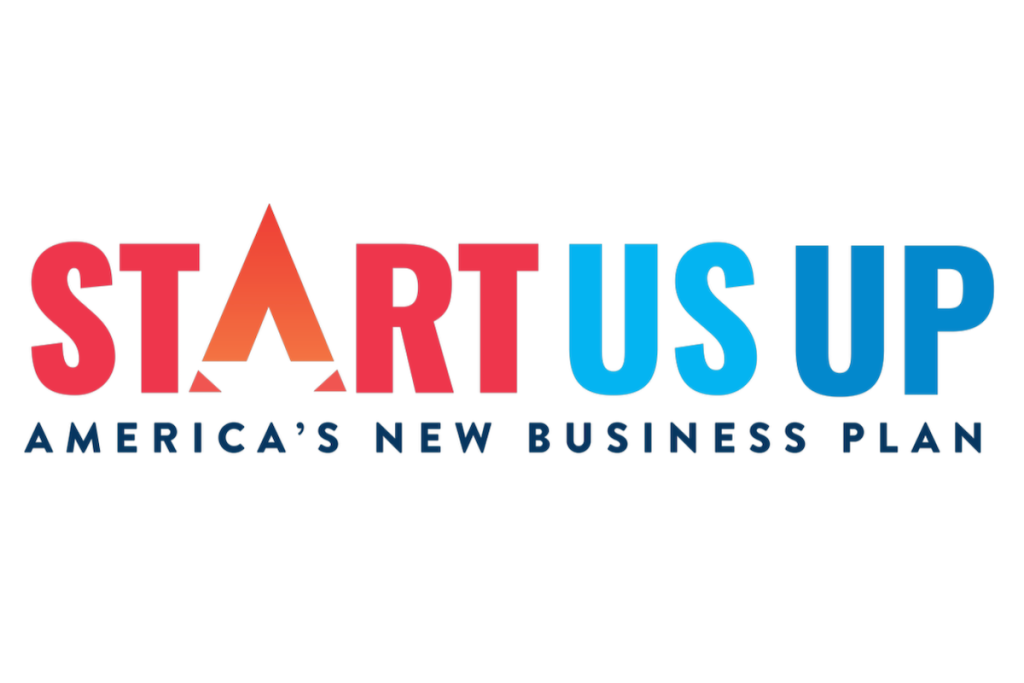As the economy turned upside-down over the past year, Black entrepreneurs continued to be hindered by systemic obstacles to succeed. At the same time, however, there’s a growing sense of momentum for Black-owned enterprises.
So what is happening to Black-owned businesses during this turbulent era? What challenges do Black entrepreneurs face, and what opportunities exist? And, perhaps most importantly, what is being done to nurture stronger entrepreneurial ecosystems for Black entrepreneurs?
In an effort to answer these questions, the Kauffman Foundation hosted “The State of Black Entrepreneurship,” a SXSW panel discussion with four national experts. The group talked about the current state of Black entrepreneurship, the steps necessary to create a more inclusive economy, and the importance of employment in a unstable landscape.
Amara Omeokwe from the Wall Street Journal served as the moderator and spoke with:
- Philip Gaskin, Vice President of Entrepreneurship, Kauffman Foundation
- Sherrell Dorsey, Founder and CEO of The Plug, a media outlet covering the Black innovation economy
- Wayne A.I. Frederick, President of Howard University
- David Hall, Managing Partner at Revolution’s Rise of the Rest Seed Fund
Gaskin led off the discussion by noting that Black entrepreneurs face historic systemic obstacles that have hampered them for decades and have lowered the opportunity for Black people to achieve economic stability, mobility, and prosperity. And while barriers such as redlining are old and sometimes no longer in effect, he noted “we’re dealing with them still today.”
Dorsey shared skepticism about the increased interest that Black businesses experienced after George Floyd’s murder in 2021. She appreciates the attention, she said, but she also expressed doubt that level of interest will remain so high. “We saw an influx of capital coming through our doors, but is that energy going to remain over the next 5 to 10 years?” she asked. “Will those priorities still stand? Many of us are very skeptical, because we’ve seen the cycles.”
Hall was largely optimistic, saying he believed the genius of Black entrepreneurs was “being seen and highlighted and elevated in a way that it hasn’t before by pockets of capital that have, for a lot of historical reasons, not focused on those entrepreneurs.”
The group agreed that, despite the difficulties Black entrepreneurs have experienced, change is in the air, and Hall went so far as saying he’s “more excited than ever.” That said, he cautioned against complacency: “We have to keep our foot on the gas. This is not something we can coast on.”
In order to continue this positive moment, change needs to occur not just at the cash register but also at the more foundational level, Gaskin said. New policies need to be designed from the bottom up in order to ensure change is long-lasting. If done right, these policies will eliminate barriers not just for Black entrepreneurs but for all who face systemic barriers to opportunity today, including women and rural residents.
But change isn’t going to happen until more Black leaders reach the top rungs of the ladder, Hall said. He noted that only 2% of venture capitalists are Black, which keeps Black-oriented businesses from taking the next step. “It really does boil down to access and bias,” he said.
As the panel closed, Frederick said he’s heartened by the enthusiasm he sees from the students at Howard University.
“I’m extremely excited about what the future is because I think the young people who are coming into their own are coming in with a conscientiousness about it,” he said. “Then as they become entrepreneurs, they’re going to build a better society.”
Dorsey added that the rise of Black innovation brings even more good news: her family finally believes she has a real career. “I’m excited that my grandfather finally realizes I do have a job. Through the years of building a company, my family just thought that I was out here playing games,” she said with a smile. “And there’s one thing an old Black man from Birmingham, Alabama, does not play with, and that is having a J-O-B. So that is what I am most excited about in this year.”

